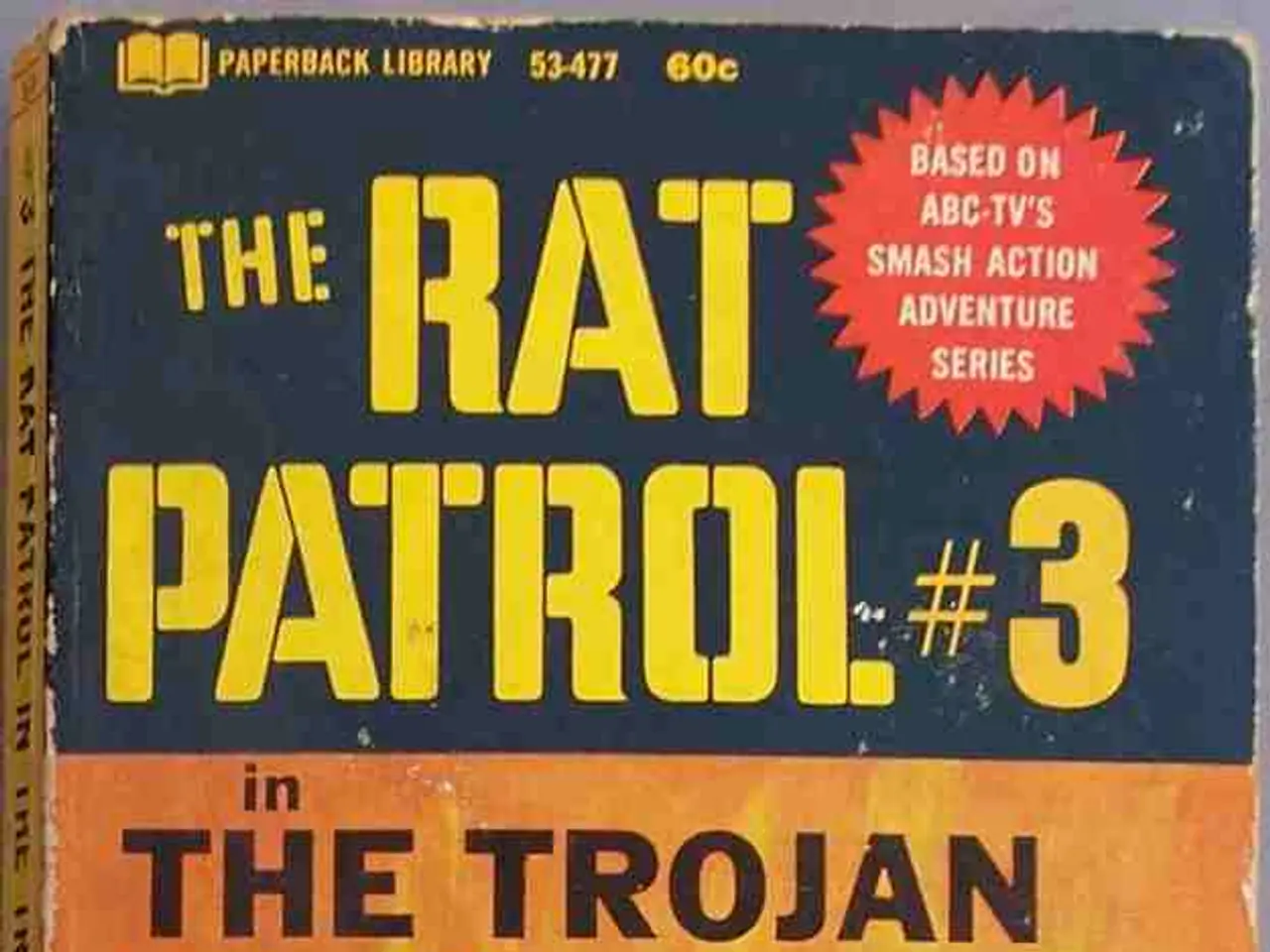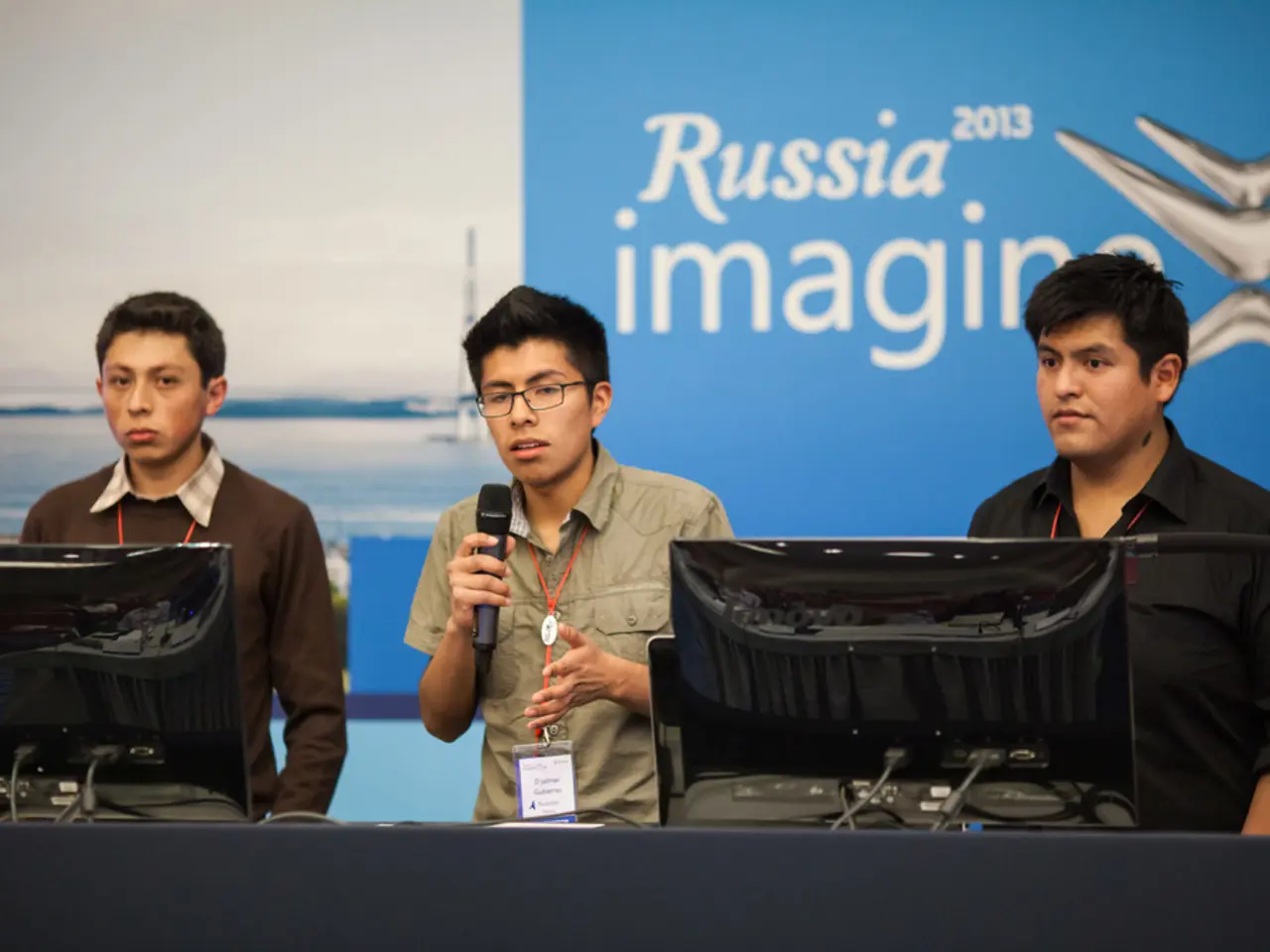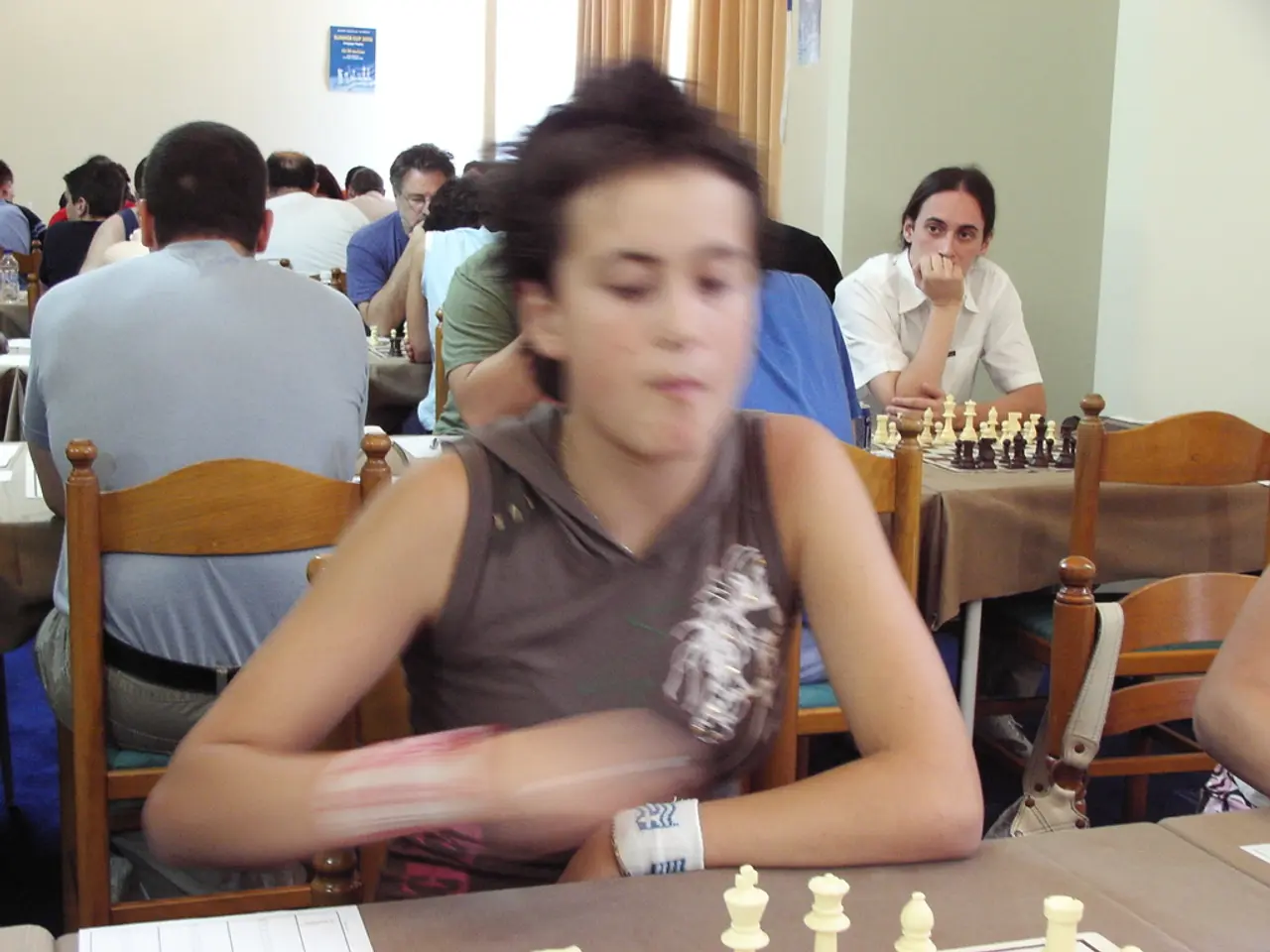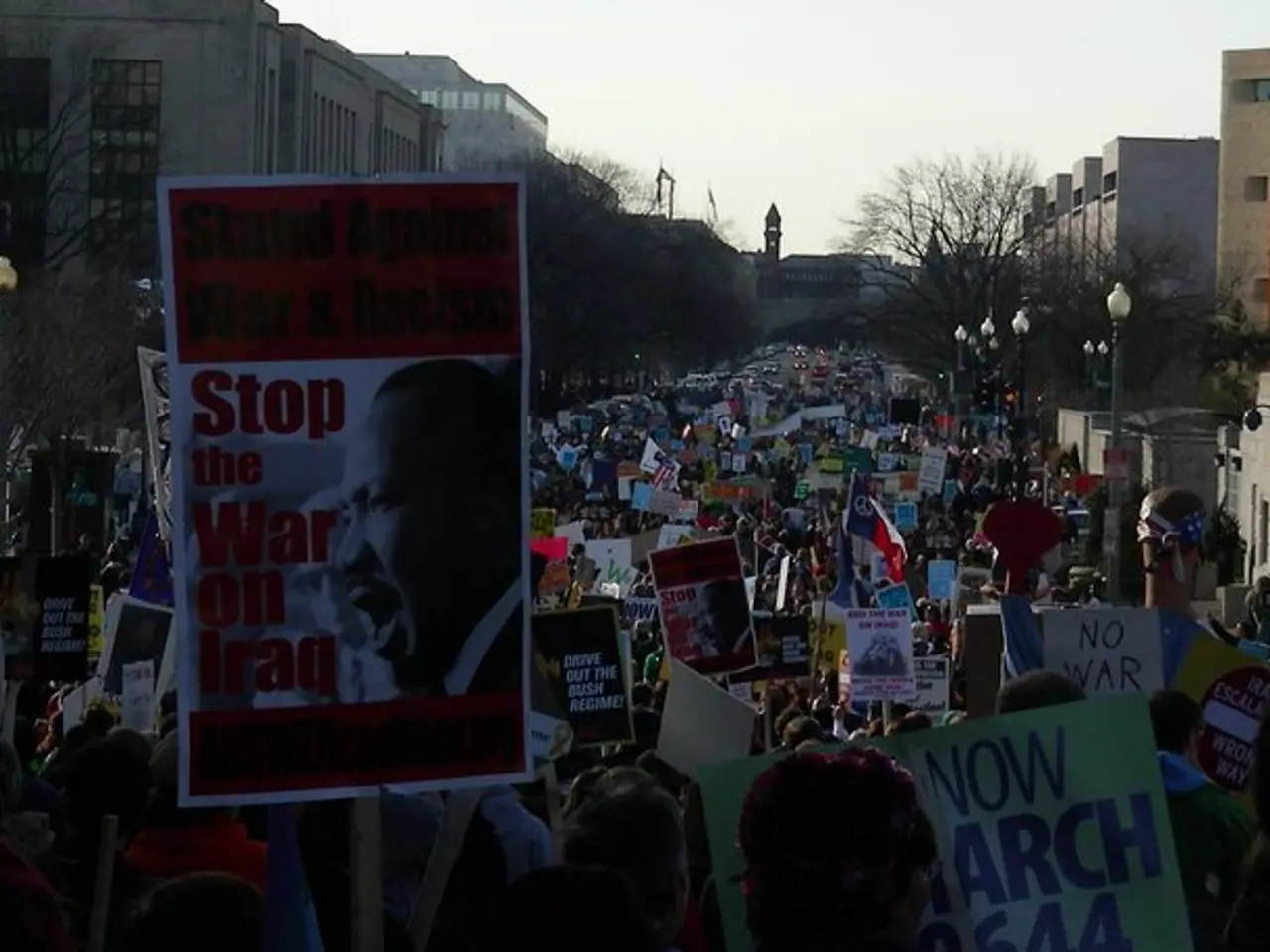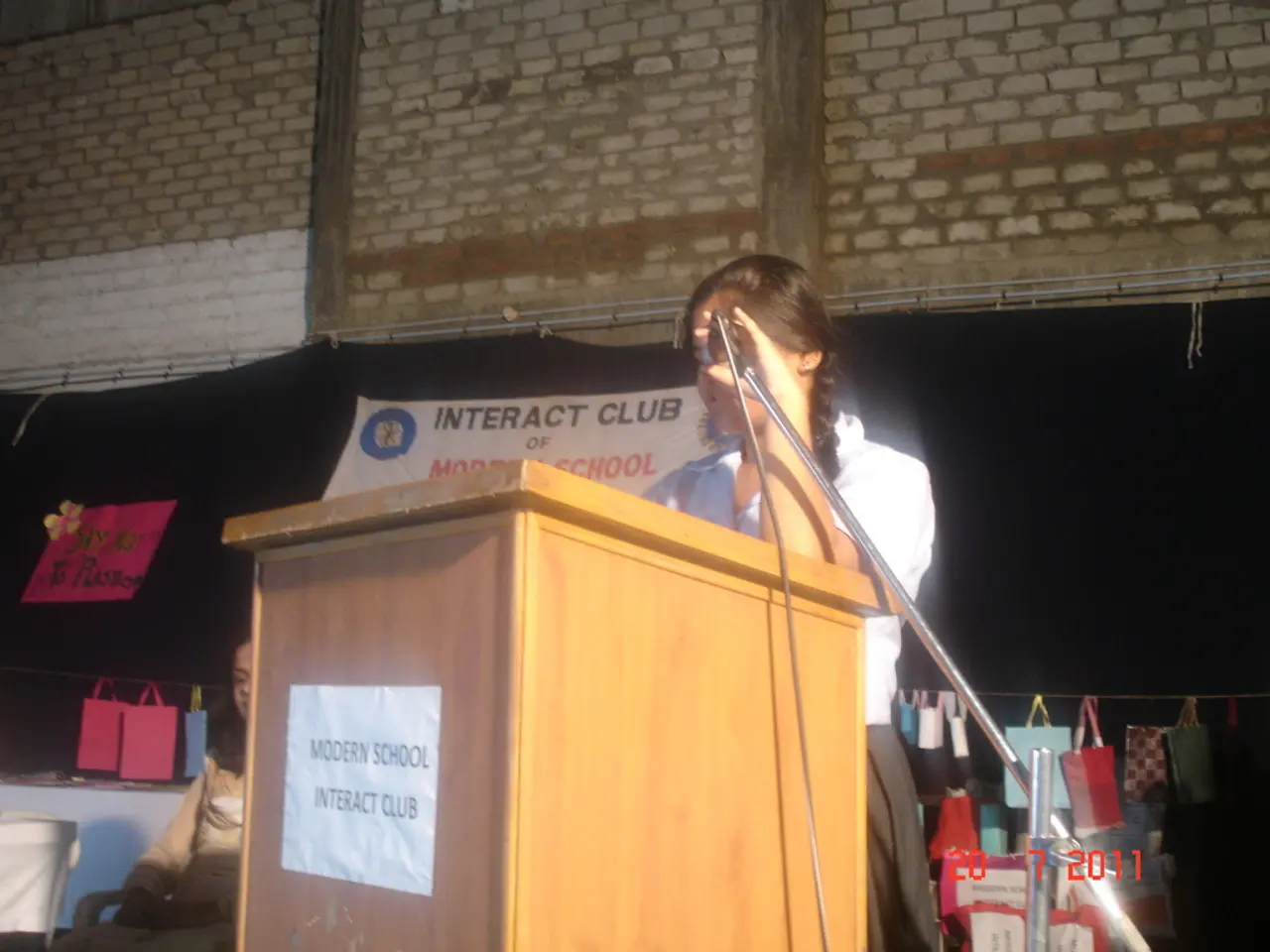Packing a Punch: Europe's New 5% Defense Goal, a Potential Misfire?
Continuing with wrestling likely means continued financial expenditure.
Markus Lanz, German talk show host, delves into the recent NATO summit alongside guest military historian, Sönke Neitzel, discussing Europe's war-readiness and the feasibility of the 5% defense spending goal.
NATO leaders have reached a historic agreement, deciding to push their defense spending up to 5% of their GDP by 2035. US President Donald Trump is grinning ear to ear, as European nations are finally stepping up their contribution to the alliance. But Sönke Neitzel, the military historian, voices his doubt regarding the successful implementation of such a goal.
European Defense Reform: A Long Time Coming or a Frivolous Change?
While the NATO summit has been deemed a success, Neitzel is skeptical about the European nations' ability to meet their new defense spending target. "Sure, it's necessary," says Neitzel, "but now the question is: How do we pull it off?" He has long advocated for reforming the Bundeswehr, the German military, which he criticizes as the embodiment of German bureaucracy, a nuisance rather than an effective force.
From Words to Action: Integration, Sovereignty, and Future Plans
The Europeans have been late to the game, according to Neitzel, as they've spent the past thirty years prattling on about doing more. "Enough is enough," he exclaims, "are we ready to collaborate, or are we destined to remain selfish?" Neitzel expresses his concern that Berlin lacks a clear plan to drive forward European integration in this area, which he fears could lead to squandered resources and wasted efforts.
Living in Fear: Caution or Paranoia?
All eyes were on Green Party faction leader Katharina Dröge when Markus Lanz questioned her candidly, prompting her to admit her concerns about the possibility of a war. Dröge explains her perspective, stating that it is vital to consider this possibility and strive to prevent it. However, she highlights the importance of understanding Russian President Putin's intentions and the continuing threat Russia poses.
Soldiering On: Lanz's Revelation and the Burden of Responsibility
In a surprising turn of events, Lanz confesses his past military service, confessing that he could never bring himself to harm another person. After visiting Ukraine, Lanz's perspective shifted, as he witnessed the resolve of the Ukrainian people. However, Lanz is quick to stress the importance of taking measures to prevent a conflict from arising.
A Flicker of Calm: The Aftermath of the NATO Summit
With the 3.5% defense spending target established and the forthcoming Russian maneuvers expected to be smaller than expected, Neitzel feels a sense of relief. Katharina Dröge echoes his sentiment, admitting that while the situation remains serious, fear should not be the overriding emotion.
[1] The new defense spending target aims to bolster the NATO alliance's defense capabilities in response to evolving security concerns. The plan outlines a gradual increase in defense budgets, aiming for all member states to reach the 5% GDP defense spending target by 2035 as a collective. This decision suggests a commitment to strengthening the alliance's defense posture amidst strategic and security challenges. However, a detailed breakdown of intermediate milestones and enforcement mechanisms was not provided in the source.
The Commission has been asked to submit a proposal for a directive on the politics of European Defense Reform, as the new defense spending target aims to bolster general-news.
The skepticism expressed by Sönke Neitzel, the military historian, about the successful implementation of the 5% defense spending goal could lead to discussions on the politics of integration within European nations.
